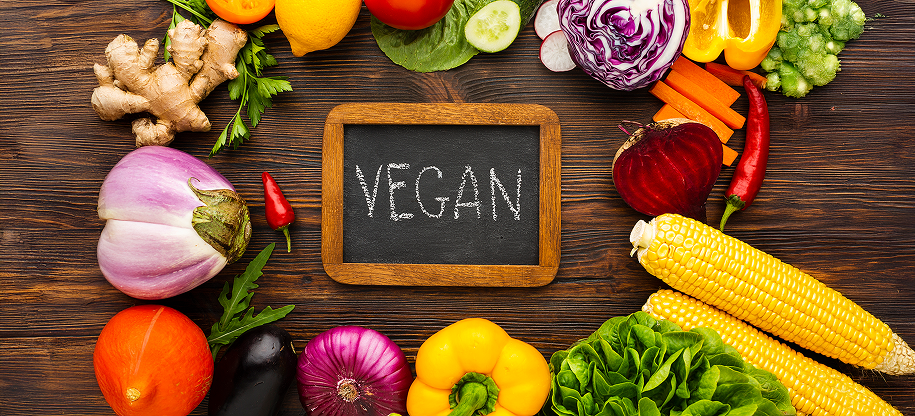
1962
Adopting a low-FODMAP diet can be quite challenging for vegetarians and vegans, particularly in India, where many staple foods are high in FODMAPs.
However, with careful planning and informed choices, it is possible to maintain a nutritious, protein-rich, plant-based diet while effectively managing symptoms of irritable bowel syndrome (IBS).
FODMAPs (Fermentable Oligosaccharides, Disaccharides, Monosaccharides, and Polyols) are short-chain carbohydrates that are not well absorbed in the small intestine.
For individuals with IBS, consuming high-FODMAP foods can trigger symptoms such as bloating, gas, and abdominal pain. Common high-FODMAP foods include certain legumes, dairy products, wheat, onions, and garlic.
India has a large vegetarian population, with estimates ranging from 20% to 39% depending on the region. Traditional Indian diets often include legumes, dairy, and specific vegetables—all of which can be high in FODMAPs.
A study that analyzed 269 traditional Indian recipes found that 73.2% were high in FODMAP content, mainly due to ingredients like wheat, onions, garlic, pulses, and legumes.
For those following a low-FODMAP diet, finding protein sources that are both nutritious and easy on the digestive system is crucial, especially for vegetarians and vegans. Here are some great options:
Incorporating these protein sources into your meals can help you maintain a balanced diet. Here are some meal ideas:
Breakfast:
Lunch:
Dinner:
A handful of peanuts or a banana with peanut butter can be great snack options. Roasted chickpeas are also a good choice, but it's best to consume them in small amounts since larger servings may be high in FODMAPs.
Implementing a low-FODMAP diet in India comes with its own set of challenges, largely due to regional eating habits and the common use of high-FODMAP ingredients in traditional dishes.
For example, the northern Indian diet tends to have a higher FODMAP content compared to those in the south and east. Additionally, the limited availability of detailed information on the FODMAP levels in Indian foods can complicate the process of finding suitable options.
To navigate these challenges:
While transitioning to a low-FODMAP, protein-rich vegetarian or vegan diet in India requires thoughtful planning, it is certainly possible. By choosing the right protein sources and being aware of FODMAP levels, individuals can effectively manage IBS symptoms without sacrificing nutrition or cultural food traditions.
Dr. Pranav Shukla
MBBS, MD Anaesthesia
Disclaimer: This communication does not substitute advice of a medical/healthcare practitioner. Please consult your doctor/healthcare professional for any medical/healthcare advice. Although greatest possible care has been taken in preparation of this response, Dr. Reddy's shall not be liable to any person for contents of the same. Images appearing herein are for illustration purposes only.
